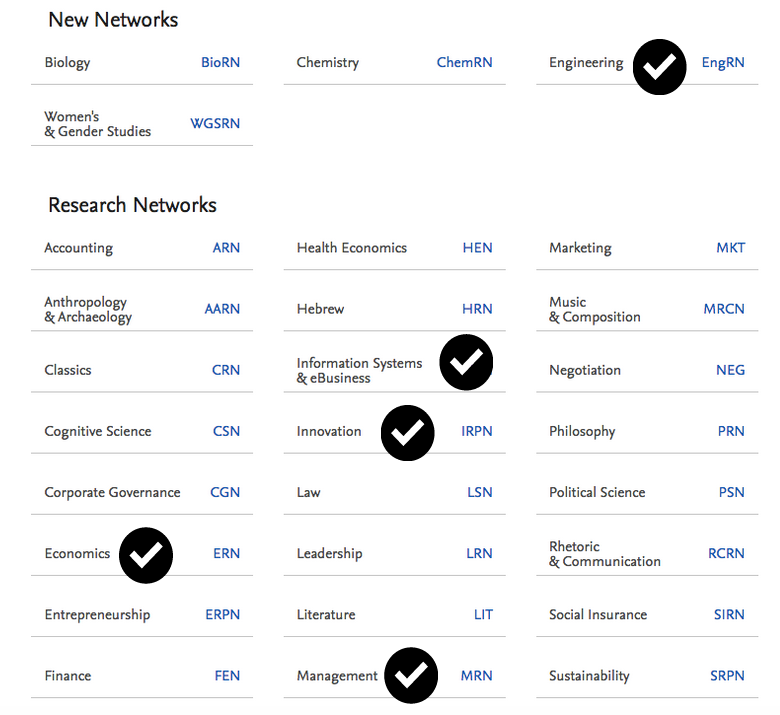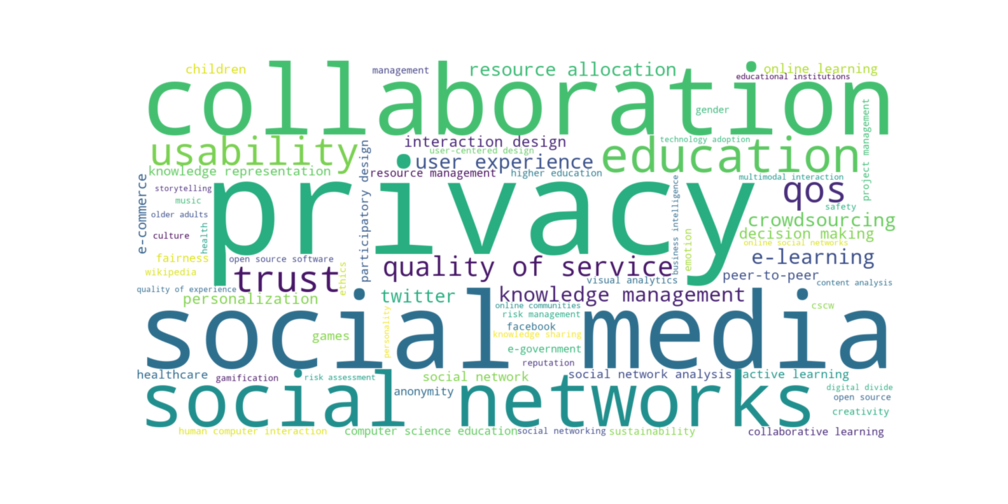NGI ENGINEROOM
Emerging
 Developing a cutting-edge data-driven methodology for identifying early signals of new trends & technologies. |
 Mapping the ecosystems & networks surrounding these key topics, evaluating their social, legal, technological, ethical & economic contexts. |
 Creating a value-driven vision for what the future internet could and should look like, involving a wide variety of voices across Europe. |
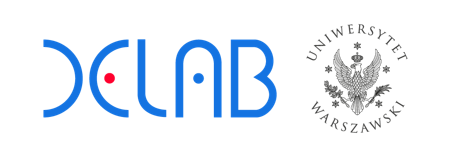
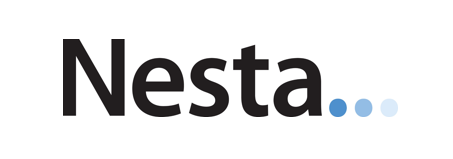
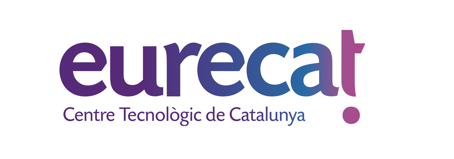
Methodology
Unique terms: 0+
Media articles: 0
Scientific articles: 0
Reddit comments: 0
Wikipedia edges: 0
Meetup groups: 0+
Articles analysis period: three years and two months
Why ArXiv, SSRN and ACM?
-
Lengthy publication process in scientific journals
-
Broad coverage: SSRN's e-Library provides over 800,000 research papers from 400,000 researchers across 30 disciplines, ArXiv provides open access to almost 1,500,000 e-prints mostly in STEM fields
-
ACM is world’s largest computing society, with more than 100,000 members outside the US, more than 1,000,000 papers and 6000 institutions
Project Goal and General Idea
- Major aim is to identify key technologies determining the development of Internet until 2025
- Strong focus on the relationship between technological areas and social issues
- Data-driven approach with heterogeneous sources of data
Trend analysis
- Analysis based on the frequency of appearances for all unigrams and bigrams in the texts
- Average monthly change in the analysed term's frequency is calculated by OLS regressions
- The coefficient reveals the trending unigrams and bigrams
Co-occurrence analysis
- Exploring the relationship between topics
- Pairs of terms which are mentioned together in media articles
- The number of articles containing both terms is divided by the number of articles including our previously identified keyword of interest for every media website
Issue mapping
- Articles are categorised across two dimensions: geography (EU vs US) and covered topic (social vs technological)
- Words are ranked based on their frequency in articles classified as social and non-social (technological)
Landscape mapping
- Identifying key stakeholders and examining relative strengths in the field of emerging technologies across the world
- Research clusters: network analysis based on author affiliations of academic papers
- Meetups: geographical analysis on the evolution of Meetup groups across countries
Wikipedia network analysis
- Matching the keywords to Wikipedia articles and parsing their text to extract hyperlinks
- Generating the network of hyperlinks that connects the articles with one another
- Using a community detection algorithm (the Louvain method) to identify clusters of nodes
Main Programming Tools
Topic identification
172 most trending NGI related keywords are identified
Grouped into 20 wider areas
The size of the bubble is based on the regression coefficient
Bigger bubble: more robust trend
The goal is to dive deeper in
emerging technologies'
Relationship between social issues and
technology
These pairs frequently appear together in articles (media articles) or are used in comments about a topic (reddit)
These maps show organisations working in the 10 challenge areas we identified under as part of Engineroom. Our mapping is far from complete, so please feel free to get in touch and share additional organisations
All maps open in new tab
Access Cyber Diversity Ethical AI Fake news Identity Power Right to opt-out Sovereignty SustainabilityAim of the study
The aim of this qualitative study was to analyze the media narratives surrounding emerging internet technologies (understood in broad terms, as technologies, applications, solutions, internet phenomena) in online magazines devoted to tech and futurology. Media narratives are defined as a way events (and stories) are composed to be presented to an audience.
The key questions were:
- What are the most common media narratives on emerging technologies?
- Are those narratives predominantly optimistic/pessimistic/positive/negative/neutral/argumentative/informational?
- Are there any recurring phrases (synonyms, antonyms, euphemisms, associations, etc.) which appear in media narratives focused on emerging technologies?
Read qualitative content
analysis report (PDF)
263 kB, opens in new tab
Short topic list
Hover on a topic to show keywords and a short description
 Data
DataSovereignty
 Internet
InternetValues
 Identities
Identities& Trust
 Cybersecurity
Cybersecurity& Resilience
 Ethical
EthicalAI & ML

Internet & Data Sovereignty
The Cambridge Analytica revelations have made it abundantly clear how little control we have as consumers over our own personal data, and the way the internet operates more generally. Building solutions and new models that allow citizens to understand the increasingly more complex processes behind dominant internet applications should therefore be a key component of a more democratic NGI. Experimentation with encrypted data boxes and data commons, as well as fostering more citizen involvement in, for example, internet governance processes and technology development would need to be a part of this, as would moving production of these technologies back into Europe.
Linked keywords:open internet, net neutrality, personal data, cambridge analytica, identity theft, black box, ai research

A Safe, Accessible & Diverse Internet
Before we can talk about building a next generation internet, we need to ensure that all Europeans can have access to the current generation of the internet - that means investing in infrastructure, multilingual and accessible tools (targeting for example less tech savvy or lesser-abled users), but also creating a safe environment for all (particularly as online harassment and hostility particularly affect more vulnerable groups). Increasing diversity in who gets to build and use the internet is important if we want to ensure we don’t perpetuate existing inequalities also in the digital economy, but also helps stimulate innovation, as diverse teams tend to be more creative.
Linked keywords:hate speech, alt-right, extremist content, sexism, gender discrimination, #metoo, child safety, trafficking, parental control, youtube kids, diversity, racism, accessibility, 5G networks, care robots, voice assistants and chatbots, online safety

Online Identities & Trust
If Europe were able to build a trustworthy and secure system for managing online identities, offering an e-ID to every European citizen (not unlike the incredibly successful Estonian model), the continent would be able to take a massive leap ahead in strengthening e-commerce and other relationship-based online interactions. Effective identity management wouldn’t only increase trust on the internet (who am I really talking to? Can I trust the online service?) and so bolster the European digital economy, but would also help us build more personal online relationships. The currently dominant rate-and-review system places a lot of power in the hands of the reviewer (a single low score on ride sharing app can seriously damage a driver’s ability to attract new customers), e-identity systems could make these interactions more positive and equal.
Linked keywords:smart contracts, distributed ledgers, facial recognition, digital assistant, voice assistant

Cybersecurity and Resilience
One key component of building a more democratic and inclusive Next Generation Internet is ensuring the infrastructures underpinning the internet itself are secure, safe and resilient. We live in a time of growing cyber threats: from rising cyber crime to ever more sophisticated cyber warfare capabilities. Existing weaknesses and flaws in the internet’s physical infrastructure and protocols also require urgent mending. Governments, the private sector and citizens need access to the right tools and information to help them protect themselves against these kinds of threats, and larger systems changes are required to ensure our (critical) infrastructures are resilient in the face of merging challenges such as quantum computing-enabled cracking of encryption.
Linked keywords:cybersecurity, ransomware, cyberwar, cyber threats, meltdown, nonpetya, hacking, quantum computing, encryption, critical infrastructure, autonomous weapons, killer robots, equifax

Ethical AI & ML
As discussions about the potential transformative impact of AI and Machine Learning have come to dominate public debate in recent years, so have concerns about the potential negative side-effects of allowing these kinds of technologies to play an ever-larger role in decision-making and the governing of our societies. The development of ethical AI and ML tools doesn’t only involve the use of responsibly managed data (make sure we have a representative sample, privacy and anonymity is ensured) and algorithms that don’t further existing societal biases (around gender and ethnicity, for example), but also that the tools themselves are used for purposes we consider ethically just. Ensuring we have solutions that are fair and inclusive along the value chain (from data generation to the impact of the decisions being made or tasks replaced).
Linked keywords:machine learning, deep learning, algorithmic bias, algorithmic accountability, artificial intelligence, black box, open AI, data lakes, transparency

Trustworthy Online Media and Information Ecosystems
The proliferation of “fake news” and the weaponisation of information is a key challenge for the internet today, threatening the fundaments of our democracies and even societies. Ensuring access to trustworthy information, and preventing the deliberate manipulation of information flows without resorting to censorship and hampering of freedom of speech remains an unsolved challenge however. Under this topic, we would explore potential solutions for specific issues such as fake news bots and preventing filter bubbles, but also take a wider view in trying to strengthen (social) media ecosystems and exploring alternative sustainable business models for quality news and information provision.
Linked keywords:smart contracts, distributed ledgers, facial recognition, digital assistant, voice assistant

The Right to Opt out & Self-Govern
With the internet becoming ever more pervasive in our lives and societies, shaping our jobs, our cities, our interactions with the government and so forth, it has become harder and harder for individuals to shape our relationships with, or opt out of “the internet” altogether. With the rise of the smart city, and the millions of connected IoT-devices that will underpin it tracking our every move, how do we ensure citizens can meaningfully consent to what happens with the data they generate, and retain their privacy? With everything from our smart vacuums to credit card companies collecting and selling our data to the highest bidder (through very opaque processes), we need new solutions that help citizens give informed consent, as well as the ability to completely opt out of being part of, for example, data sharing systems, while still being able to use key services.
Linked keywords:privacy, informed consent, smart cities, self-driving cars, facial recognition, social credit, Internet of Things, surveillance, data brokers

Decentralising Power
Most of the issues the internet faces today are a direct consequence of the increased monopolization of the internet, and the business models that sustain this dynamic - and when not, at the very least are more complicated to address because so few actors have the power to do so. We urgently require new business models that can provide an alternative to the reigning advertising-supported model, and can sustain a more pluralistic and healthy digital economy. Alternative models, such as platform cooperativism or blockchain-enabled micropayments systems can help empower smaller players, help level the playing field and offer better protections to consumers and digital workers. We need to support initiatives and SMEs that operate under these alternative models, through policy (protecting net neutrality, designing next generation competition and antitrust policy) and funding support.
Linked keywords:open internet, net neutrality, free speech, internet freedom, gig economy, ico, worker's rights, tech giants, distributed ledgers, consumer protection

A Sustainable Internet
One key challenge for the internet moving forward is ensuring that the hardware and infrastructures underpinning it are sustainable and can meaningfully contribute to building a more circular economy. The challenges around the internet’s environmental footprint are myriad: from the extraordinary amount of energy used by data centres and emerging technologies like blockchain, to the costly mining processes behind the materials making our tech devices function. Though there is a growing recognition of these issues, we do not yet see enough solutions - this is we think a space where Europe can start to play an important front-runner role.
Linked keywords:blockchain, cryptocurrency, smart devices, energy efficiency, mining, renewable energy, data storage
 Trustworthy
TrustworthyOnline Media
 Opt out &
Opt out &Self-governance
 Decentralising
DecentralisingPower
 A Sustainable
A SustainableInternet
 NGI
NGIENGINEROOM
Issue mapping
Articles are classified in two dimensions: EU/US, social issue/technology
EU axis: articles from European sources or concerning Europe, residualized on the social issues axis
Social issues axis: articles containing words from a pre-defined list of social topics based on Latent Dirichlet Allocation
Mapping trending words with article type based on no. of occurrences
Top right corner: EU articles on social issues
Bottom left corner: US articles on technology
The sentiment analysis resulted in a compound score for every paragraph containing a given phrase. The score is calculated from the mean of the valence scores of each word in the paragraph apart from the analysed words themselves, which have been removed from the paragraph's text

FCC
| Most positive | Most negative |
|---|---|
| 5g spectrum | comment system |
| 5g technology | york attorney |
| vpn service | fake comments |
| 5g network | jessica rosenworcel |
| machine learning | neutrality repeal |

bitcoin
| Most positive | Most negative |
|---|---|
| blockchain platform | bomb threat |
| private blockchain | spying agency |
| climate change | ransomware outbreak |
| artificial intelligence | national health |
| blockchain startup | fall victim |
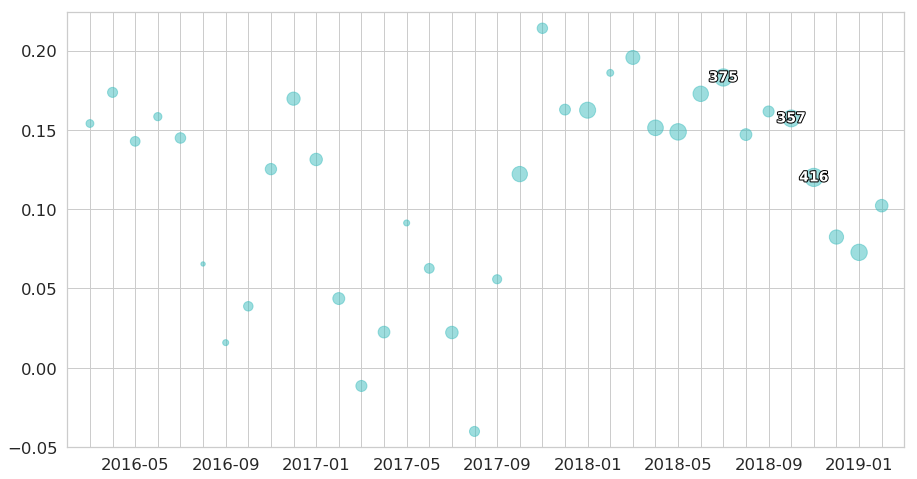
tech workers
| Most positive | Most negative |
|---|---|
| station f | arbitrary agreement |
| tech ecosystem | sexual misconduct |
| tech nation | forced arbitration |
| british capital | sexual harassment |
| user data | full-time employee |
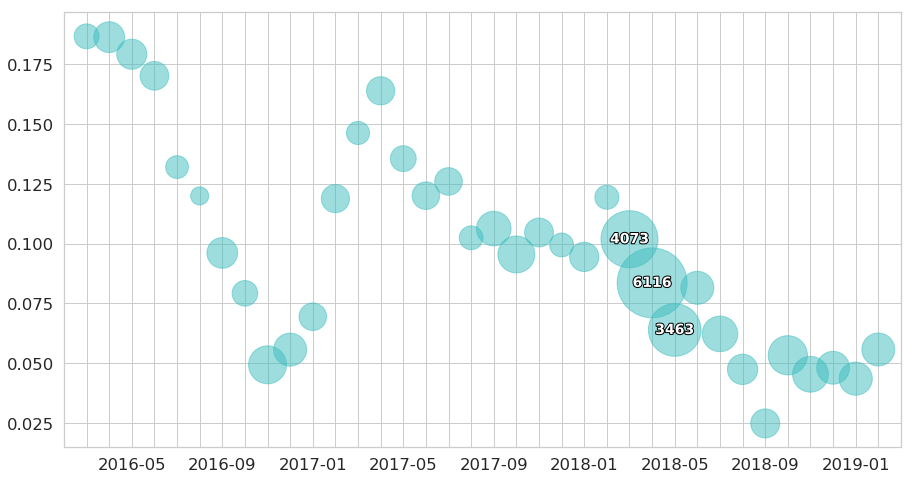
Mark Zuckerberg
| Most positive | Most negative |
|---|---|
| jeff bezos | content moderation |
| machine learning | hate speech |
| artificial intelligence | damian collins |
| climate change | election interference |
| facebook app | fake account |
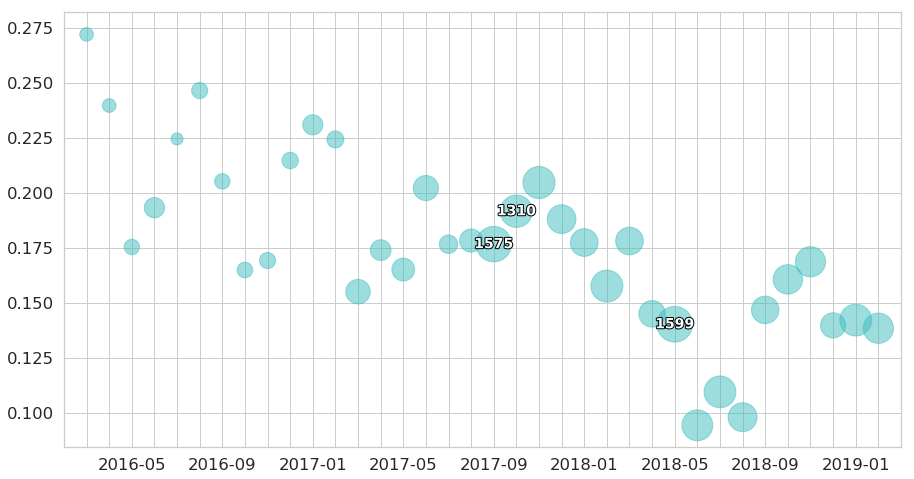
facial recognition
| Most positive | Most negative |
|---|---|
| thunderbolt 3 | privacy standards |
| google home | border guard |
| note 8 | watch list |
| google assistant | autonomous weapon |
| wireless charging | brother watch |

GDPR
| Most positive | Most negative |
|---|---|
| data management | british airways |
| machine learning | cybersecurity serious |
| digital market | electronic health |
| process data | facial recognition |
| explicit consent | hate speech |
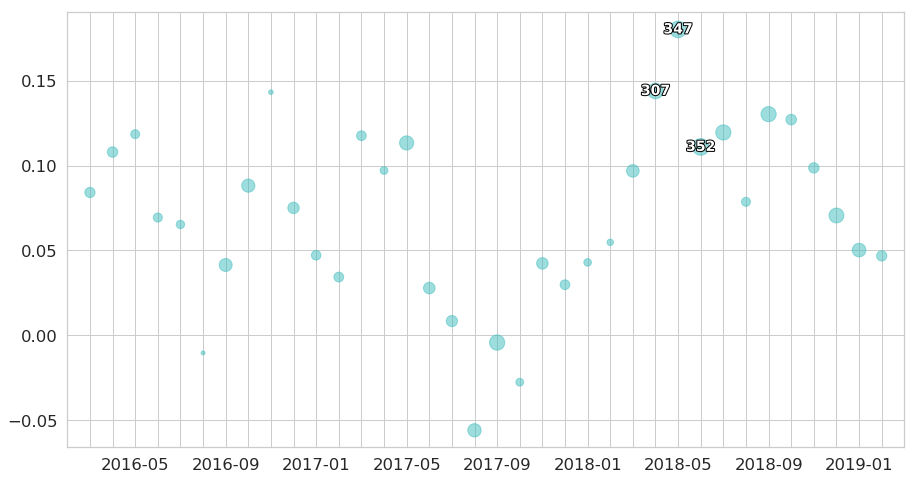
work conditions
| Most positive | Most negative |
|---|---|
| amazon alexa | against tesla |
| smart office | hate speech |
| artificial intelligence | tesla worker |
| industry leader | protest over |
| organized effort | full-time employee |
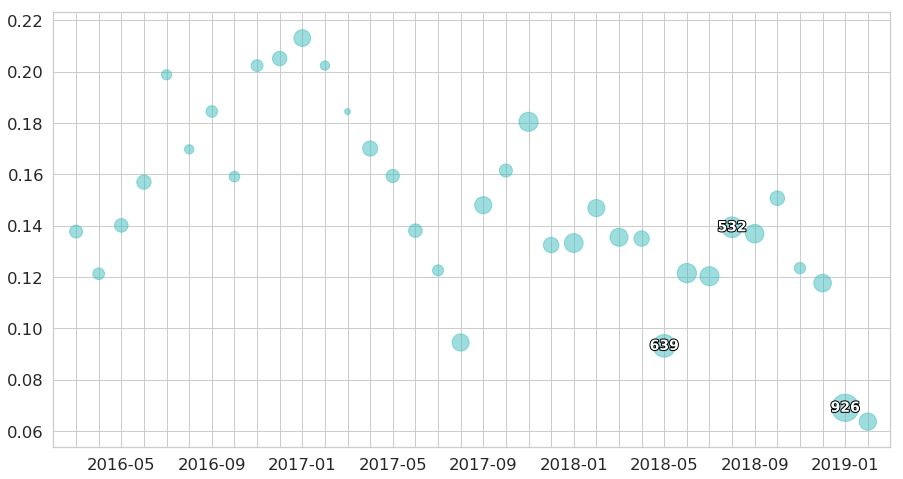
location data
| Most positive | Most negative |
|---|---|
| digital market | home office |
| artificial intelligence | bounty hunter |
| data science | location aggregation |
| google home | custom location |
| machine learning | ajit pai |
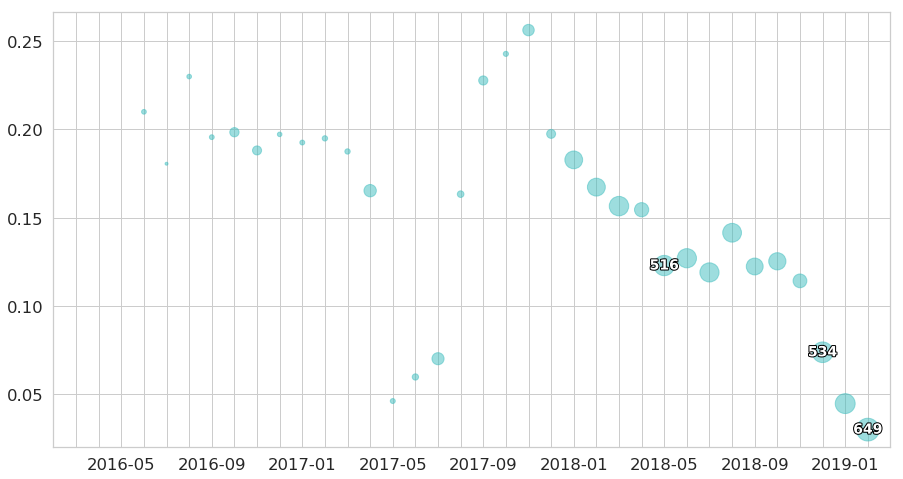
Chinese tech
| Most positive | Most negative |
|---|---|
| ai capable | face extradition |
| ai research | uncle sam |
| machine learning | immediate release |
| artificial intelligence | meng wanzhou |
| 5g smartphone | trade secret |
Trends
Application to explore relevant keywords by source. The terms are trending now or were trending in the past
Common terms: compare keywords trending in all sources
Wikipedia: browse normalized page views for multiple language versions
100 most trending unigrams over the full analysed period: are they trending also over shorter timespans?
Meetups
The video shows how Meetups have spread across the entire EU, and also the rest of the continent
Inside the EU, the largest Meetup communities are located in such core tech clusters as London, Paris, Munich or Berlin. Moreover, vibrant communities can be found in Lisbon, Warsaw and Dublin
Outside the EU, focal points include Istanbul, Kiev and Moscow
Cyan – AI and machine learning; magenta – web development and JavaScript; yellow – agile communities on meetup.com.
Circle radius depends on current number of group members.
As Meetup was founded in the US, it had been less widespread until 2014-2015 in Europe. However, in 2018 the number of EU Meetups in chosen areas surpassed the US
Groups around web development and AI are more much more popular than agile in the US, while in the EU the 3 groups are similar in number. The share of AI groups is similarly increasing across both sides of the Atlantic: in 2011, AI was the smallest group, while in the last year it almost surpassed the most popular Web group
The figures compare EU member states regarding their shares of Meetup groups located in the EU across the 3 different technological areas. The top 3 countries across all categories include Germany (DE), Great Britain (GB), and France (FR). Other countries with strong communities in all areas are: Spain (ES - especially in AI), the Netherlands (NL), and Poland (PL). Ireland (IE) appears in AI communities, Italy in AI and Web, Romania in Web, Sweden (SE) and Belgium (BE) in Agile
A general trend that can be observed is the expansion of Meetup groups to new locations between 2011-2014 and relatively constant differences between countries since then
Research hubs
The map presents the countries with institutions that are publishing in journals related to ACM
The table shows the top 5 institutions by country, based on the number of publications in the ACM Digital Library. The map confirms that ACM has a global presence
Click to open interactive map in new tab, then hover on country to show table
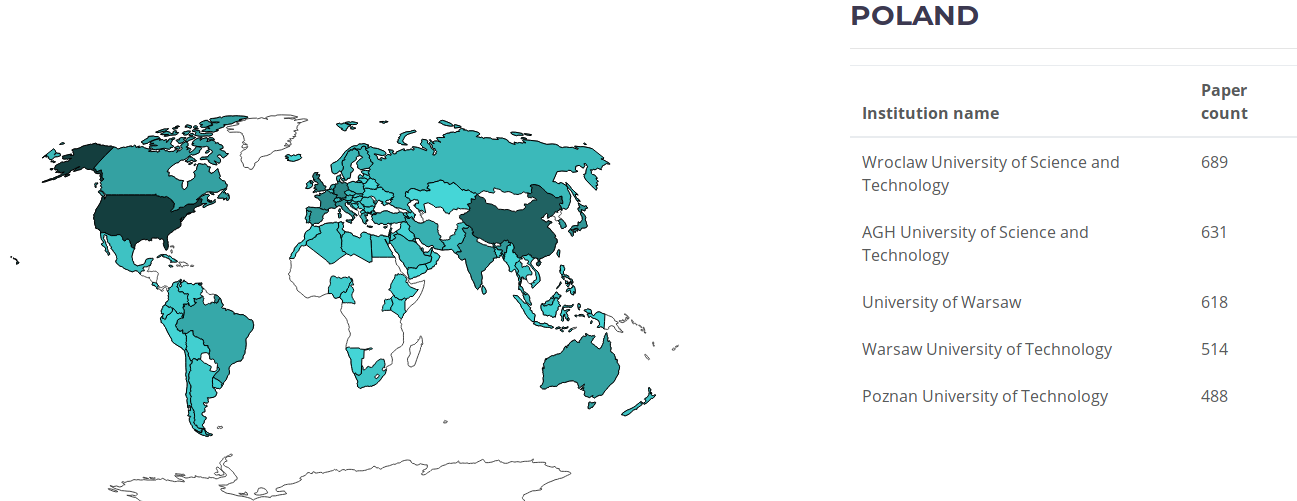
The top 2 institutions overall are located in the EU: Karlsruhe Institute of Technology and University of Toulouse. From the top 10, the sole US based institution is Google Inc, while the remaining 7 are all located in China
The presented maps show the clusters of institutions whose affiliated researchers were likely to publish together
5 maps were prepared: one based on SSRN data, and 4 based on ACM, also taking into consideration the different research areas
Click to open interactive map in new tab
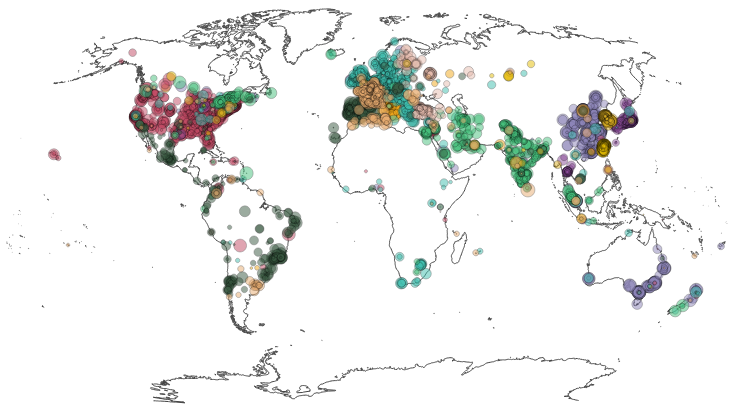
Clusters in categories: AI Social (ACM) Social (SSRN) Tech (open in new tab)
For a better assessment of the EU’s relative position in research, the aggregate results of the 28 EU member countries is compared to other countries
The figures show that the overall EU28 research output is the largest across all categories
The top 10 contributors to ACM are: EU28, US, China, Japan, India, Taiwan, Australia, South Korea, Canada, Taiwan and Brazil.
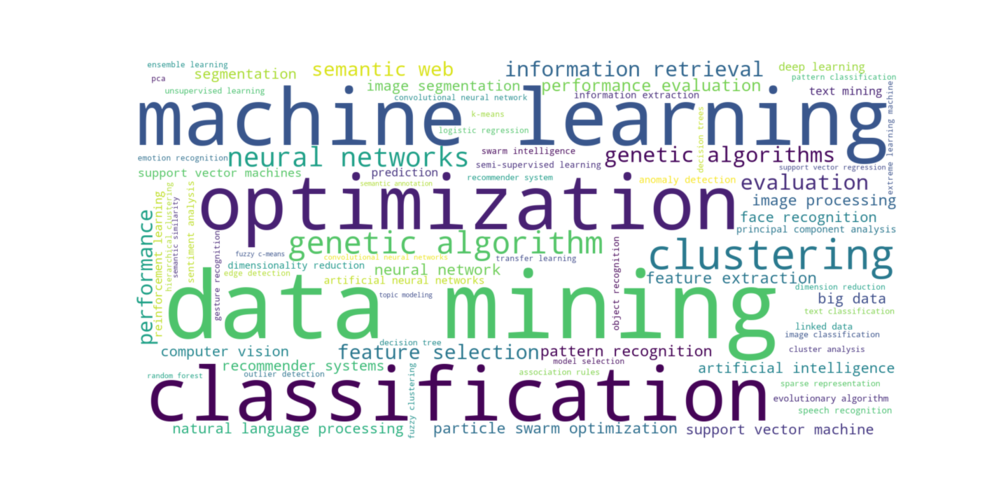
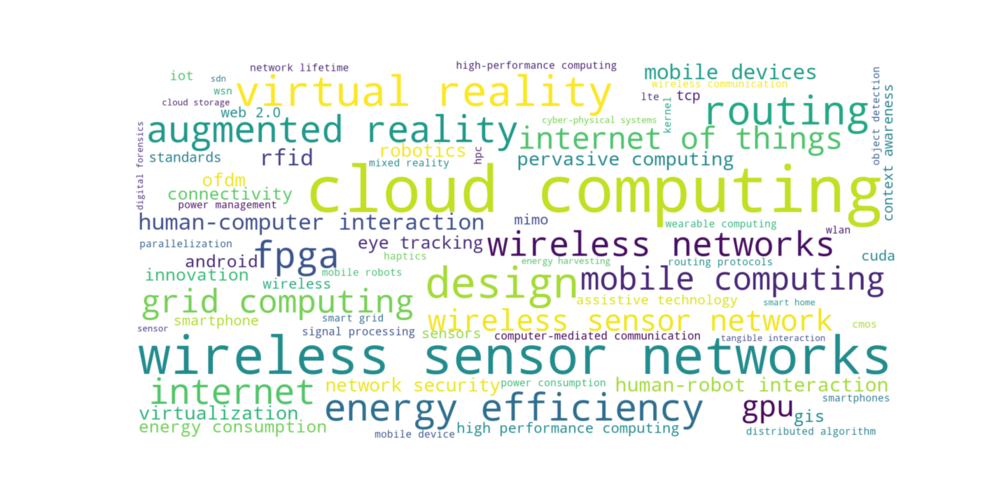
Clustering
In order to identify main topics in the tech press corpus we have performed a topic modeling exercise with a help of popular LDA algorithm. On the media dataset we have performed document clustering using tf-idf, multidimensional scaling, k-means and pyLDAvis.
Results:
Topic clusters identified using LDA algorithm
Wikipedia
Network of trending keywords (based on arXiv, SSRN and Technological Media)
Expanded Network of trending keywords (based on arXiv, SSRN and Technological Media)
About
EU ENGINEROOM has received funding from the European Union's Horizon 2020 research and innovation programme under the Grant Agreement no 780643. The content of this website does not represent the opinion of the European Union, and the European Union is not responsible for any use that might be made of such content.
Zenodo: data GitLab: codes
